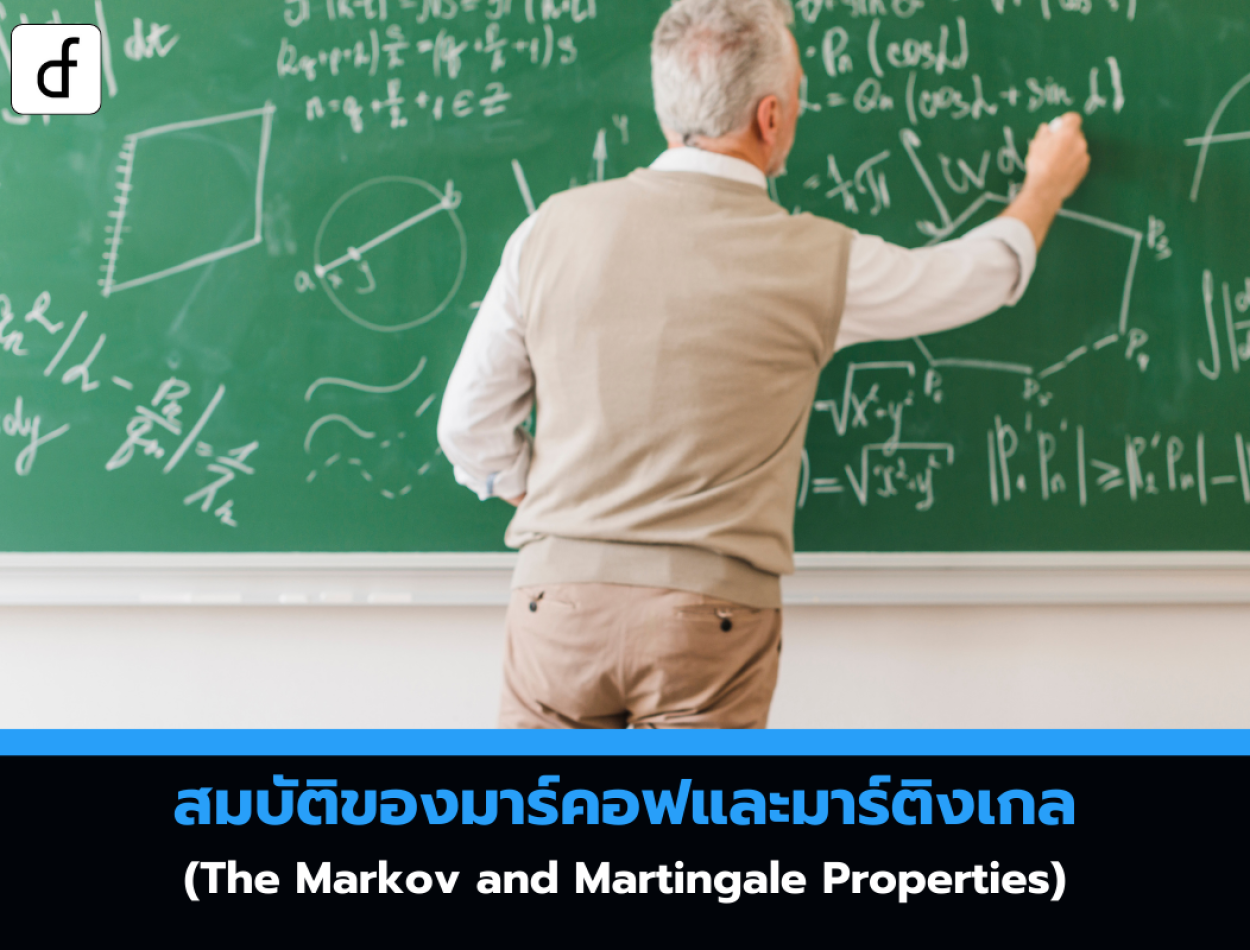
The Markov and Martingale Properties
2025-04-30 04:52:47
The two main concepts in quantitative finance are the Markov property and the Martingale property. The Markov property states that a stochastic process has no "memory," while the Martingale property states that the expected future value of the process is equal to its current value. This article will discuss both properties in the context of their application for option pricing.
In order to formally define the concept of Brownian motion and use it as a basis for creating an asset price model, it is necessary to define the Markov and martingale properties. These two properties help in understanding the behavior of asset prices over time.
The Markov Property
The Markov property states that a stochastic process has no "memory," meaning that the conditional probability distribution of future states depends only on the current state and not on any previous states.
An easy way to explain this property is by using a sequence of random variables, where each variable can take on a value from the set {0,1}, which is analogous to a coin toss. We can calculate the expectation of each variable and observe that the expectation does not depend on the previous values in the sequence.
When considering the partial sums of these variables, which we denote as Sn, we can calculate the expected value of Sn using the linearity of expectation:
We will find that the expected value of Sn does not depend on the previous values in the sequence either.
When extending to the consideration of conditional expectation, for example, if we know the value of S4, we can ask how the expectation of S5 will be.
That is, the expected value of S5 depends only on the value of S4
and not on the previous values. This property is called the Markov Property. The principle is that there is no "memory" of past events beyond the current event.
Almost every financial model we will discuss in the following articles will have the Markov property.
The Martingale Property
Additionally, the partial sums of the random variables also possess the martingale property. This property states that the conditional expectation of the partial sum Sn is equal to the current value:
It seems there is no text to translate. Please provide the text you'd like me to translate, and I'll be happy to help!
In summary, the martingale property means that in a "fair game," knowing past information will not help predict future outcomes.
These two properties will be very important in defining Brownian motion, which we will later use as a model for the asset price movement path.
Reference: The Markov and Martingale Properties
From https://www.quantstart.com/articles/The-Markov-and-Martingale-Properties/
Leave a comment :
Recent post

2025-01-10 10:12:01

2024-05-31 03:06:49

2024-05-28 03:09:25
Tagscloud
Other interesting articles
There are many other interesting articles, try selecting them from below.

2024-12-03 01:51:43

2024-02-20 04:25:16

2023-10-02 05:48:51

2024-03-18 02:27:20

2024-08-26 09:59:19

2024-12-03 10:37:38

2023-10-18 04:43:34

2024-03-25 03:46:48

2024-08-06 10:34:57
